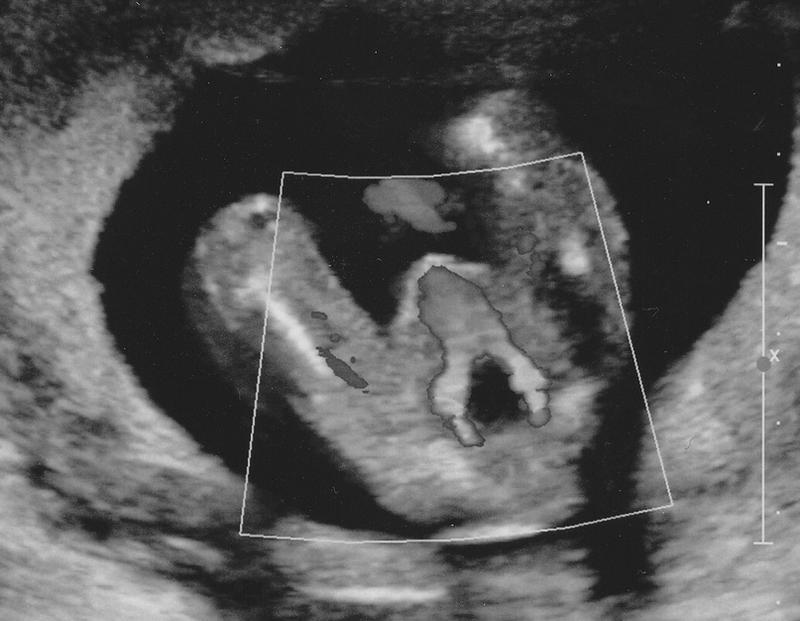
TennCare recipients have historically faced higher death rates tied to pregnancy than those with private health insurance, but a recent report showed the gap is widening.
The death rate was three times higher for TennCare members compared to the privately insured, according to Tennessee’s annual maternal mortality review.
Doctors and researchers offered several explanations to the Tennessee Lookout, a nonprofit news outlet.
Like other Medicaid programs, TennCare makes it easier for pregnant people to qualify. But because the state hasn’t expanded Medicaid, these patients are more likely to be uninsured in the years leading up to their pregnancy — putting them at higher risk for complications.
They also noted Tennessee has rejected bills to make TennCare cover doula services — and to make relevant health workers undergo anti-discrimination training. Black Tennesseans are twice as likely to die from pregnancy-related causes than their white neighbors, and discrimination often plays a role.
Tennessee operates under a managed Medicaid model, which means the state contracts with private insurers to handle TennCare. Those contractors are called managed care organizations, or MCOs. TennCare’s MCOs tend to fare among the worst in the country — the bottom 25% — when it comes to timeliness on prenatal and postnatal care.

